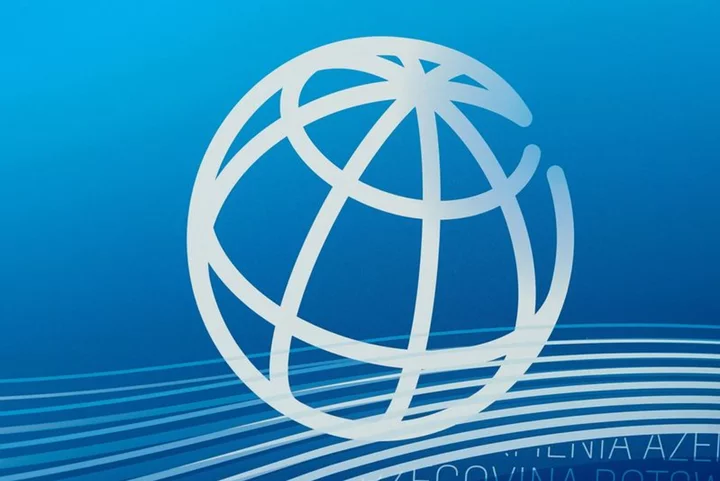By Lucy Craymer
WELLINGTON Public debt in most Pacific countries is expected to fall in the next 12 months as countries move towards the gradual unwinding of COVID-19 stimulus and the fiscal situation improves, according to a World Bank report released on Tuesday.
“In line with fiscal consolidation efforts, public debt is projected to decline during 2023- 2024 across the Pacific (except in Solomon Islands and Federated States of Micronesia),” the Pacific Economic Update said on Tuesday.
Debt has surged in the region since 2019 as the tourism-dependent economies were hit by COVID border closures, trade was hurt by logistical challenges and weather events caused damage. Countries took on more debt to implement support and stimulus packages. This was particularly notable in tourist- dependent countries such as Fiji, Palau and Vanuatu.
The World Bank has previously said six Pacific countries - Kiribati, Republic of the Marshall Islands, Federated States of Micronesia, Samoa, Tonga and Tuvalu - are at a high risk of debt distress.
However, Tuesday’s report added that as the fiscal deficit widens in Solomon Islands and FSM, the governments are expected to increase borrowing to meet the financing gap — increasing the public debt.
It added that in terms of economic output, most Pacific countries - except Palau, Samoa and Solomon Islands - are projected to hit pre-pandemic gross domestic product levels by 2024.
“In contrast, some countries where fishing license revenue is a dominant contributor to income, such as Kiribati and Republic of the Marshall Islands (RMI), surpassed pre-pandemic levels in 2021 because the fishing sector was less impacted by border closures,” it noted.
The report added that risks remained including uncertainty in global commodity price movements and geopolitical tensions serve as downside risks to the Pacific’s economic recovery.
“Given the region’s vulnerability to disasters, climate change is a persistent major underlying risk,” it added.
(Reporting by Lucy Craymer in Wellington; Editing by Matthew Lewis)

